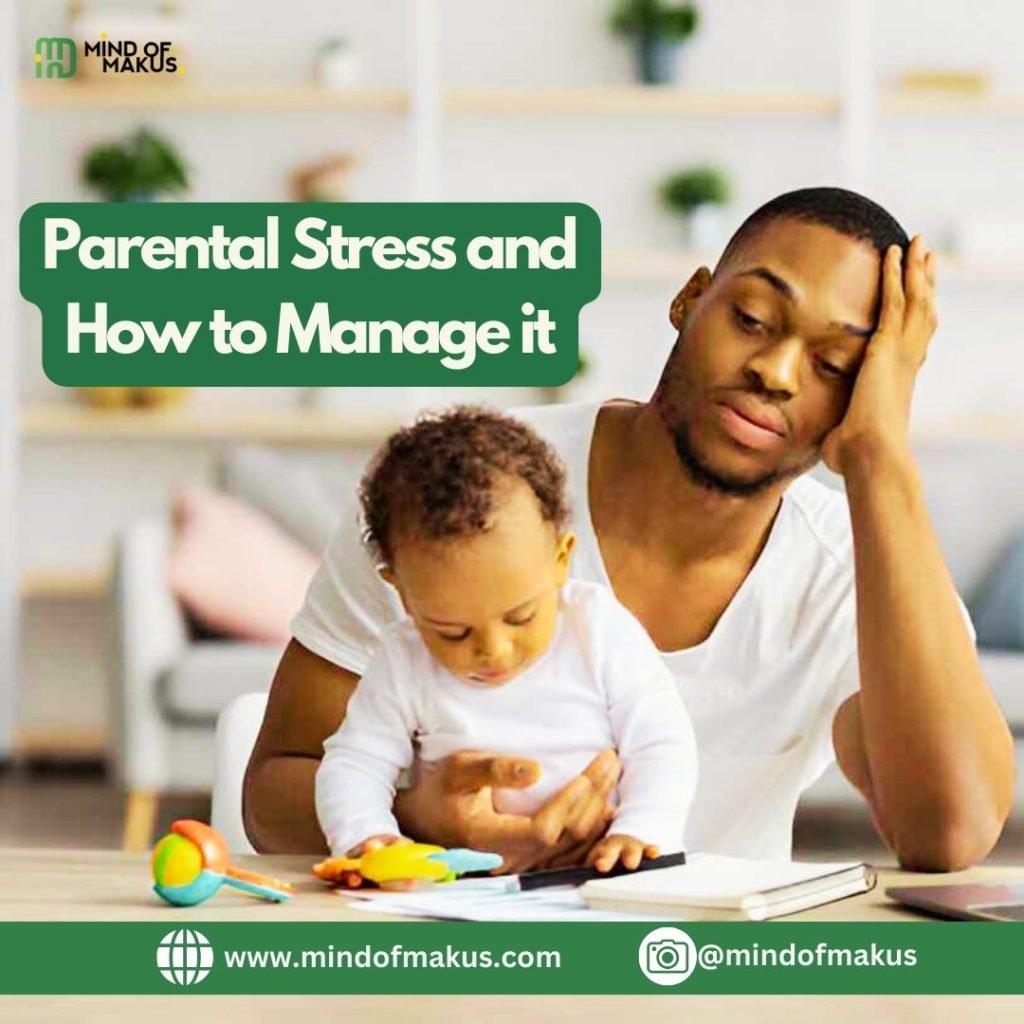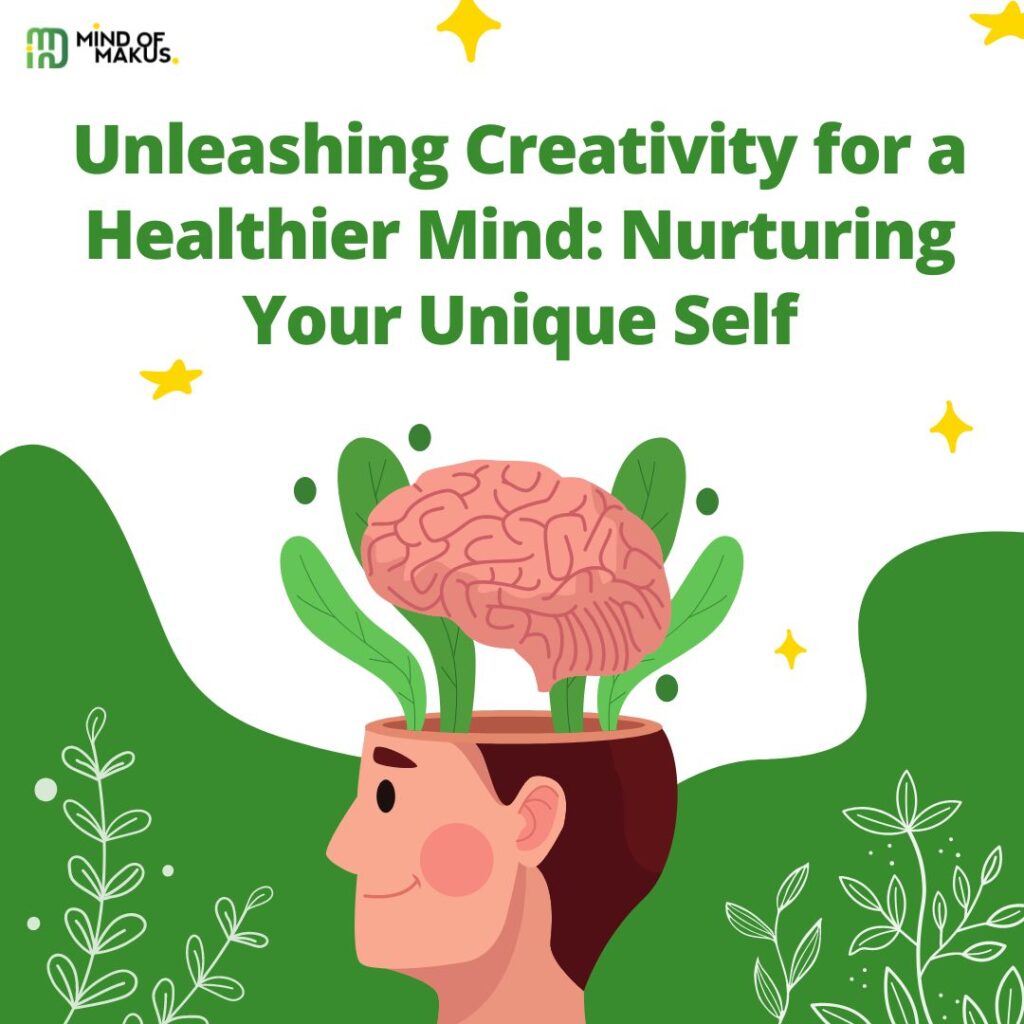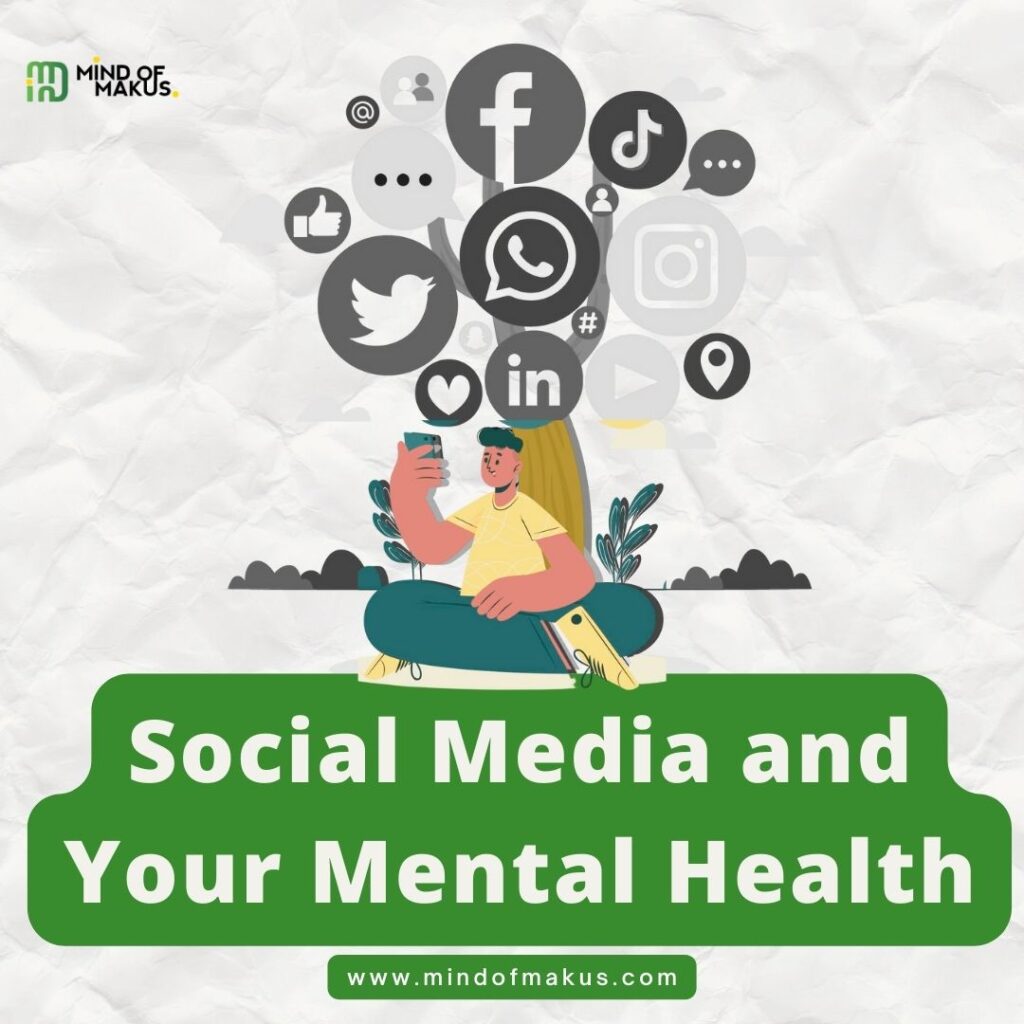Hi Dear Friend,
It’s the second half of an exciting 2024. It certainly feels like three years in one, with so many lessons.
What are your dreams for the second half? Are you excited for it?
To start off, I am interested in one topic that affects most of my active readers: Parenting. I am also a parent and understand the joys and pressures that come with it.
If you need to read some of the blog posts from the first half of the year, check them out below:
- Essential Health Checks for Young Men.
- Overcoming Seasonal Affective Disorder
- How Writing Can Be Your Ultimate Self-Care Hack
- Journaling Through Grief: Healing After Loss
Now to parenting.
Parenting is one of the most rewarding and challenging roles we can take on. It counts as 2.5 jobs all by itself. The administration, the financials, the emotional labour, the physical activity—all these are intense.
While the joys of raising children are countless, the pressures and demands of parenthood can often lead to significant stress and anxiety.
Who would have thought kids would make you anxious? But check out the antics they get up to. You will not recognise yourself if you are parenting from hurt, trauma and lack of emotional intelligence.
It will literally drive you crazy. Simply because kids have no boundaries and no sense of right or wrong until we teach them, they will poke that tiny finger right up your nose until it gets to the back of your head.
It’s essential to acknowledge these feelings and find healthy ways to manage them, ensuring that both you and your children thrive. I aim to share some strategies to help you navigate the ups and downs of parenting under pressure.


Parental Stress and Anxiety
Parenting stress and anxiety can stem from various sources, such as juggling work and family responsibilities, financial concerns, and the constant worry about your child’s well-being and future. It’s important to recognise that feeling overwhelmed at times is normal and doesn’t make you any less of a great parent.
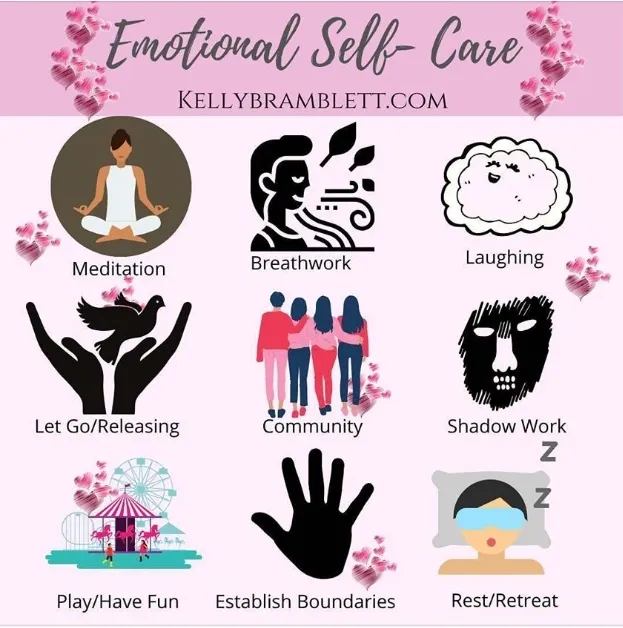

It makes us human; it is part of the human experience. However, we all manage it differently, and this is where we can learn from one another.
I recently learnt that some mums who know each other pass their kids clothes from one household to the next until it’s ready for the bin. How much money and time and waste is saved by just that idea.
We each have something we do that others may not know, so let’s freely share our stress prevention and management tips in the comments.
Do you have parental stress?
Check out some of these characters. Does it sound like you?
– Irritability: Finding yourself easily frustrated or snapping at your children more often, hitting them, throwing this at them for minor irritations, disproportionately punishing them
– Fatigue: Feeling constantly tired, even after a full night’s sleep, not doing any hobbies, feeling drained.
– Difficulty Concentrating: Struggling to focus on tasks or making decisions, multiple opened cans and tubs on the kitchen counter, 4-5 tubes of toothpaste and soap bars in the bathroom.
– Physical Symptoms: Experiencing headaches, muscle tension or stomach issues, joint pains, jaw pain, pelvic pain, and neck pain. Did you know your body can tense up in these parts?
How to Manage the Stress
1. Prioritise Self-Care
Taking care of yourself is crucial for caring for others. Ensure you get enough sleep, eat nutritious meals, and engage in regular physical activity. Even small acts of self-care, like taking a few minutes to relax with a book or enjoy a cup of tea, can make a big difference.
2. Practice Mindfulness and Relaxation Techniques
Mindfulness practices, such as meditation and deep breathing exercises, can help reduce stress and improve your ability to stay present and calm. Apps like Headspace or Calm offer guided meditations specifically designed for busy parents. Start to try out different mindful hobbies. There may be something you used to love doing but have stopped doing now. Reading physical books, gardening, walking without a phone, knitting, sewing, cooking, etc., can be great mindful experiences.


3. Stay Organised
– Creating a daily or weekly schedule can help manage the chaos of parenting. Prioritise tasks, delegate when possible, and break down larger tasks into manageable steps. Using planners or digital tools can keep you on track and reduce overwhelming feelings.
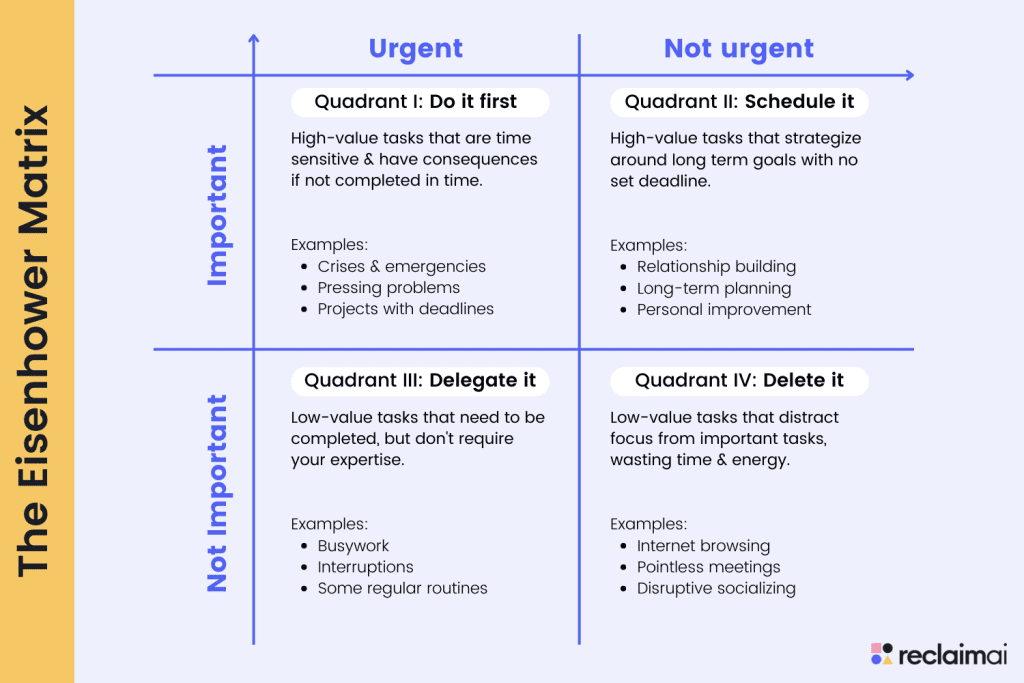

4. Seek Support
Don’t hesitate to reach out for help. Whether it’s talking to a friend, joining a parenting group, or seeking professional counselling, having a support system can provide relief and valuable perspective.
Some support groups exist on social media for mums, dads, and even other people who are parenting non-biological children. Search for them, join and engage, and meet people face to face.
Consider getting some education around specific issues you may have. Coaches exist for different things, including parenting. You were not born with a manual for parenting; don’t be harsh on yourself for not knowing.
5. Set Realistic Expectations
– Perfection is unattainable, and it’s okay to have days where not everything goes as planned. Be kind to yourself and set realistic goals. Celebrate small victories and remind yourself that you’re doing your best. Be careful not to overextend yourself; it is not kind to your family overall. Let the dishes stay in the sink overnight. The world will still be here.
6. Engage in Family Activities
Spending quality time with your children can reduce stress and strengthen your bond. Engage in activities everyone enjoys, such as playing games, walking, or having a family movie night. These moments of connection can provide a sense of joy and relaxation.
7. Focus on the Present
Worrying about the future or dwelling on past mistakes can increase anxiety. Practice focusing on the present moment and appreciate your time with your children now. Mindfulness exercises can help you stay grounded in the here and now.
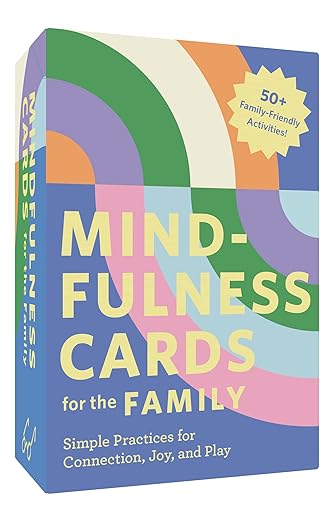

8. Consider going to therapy to help you deal with the unhealed versions of yourself. So that you are not parenting the child you were but the one in front of you in your house. Do your child a favour and deal with your shit in therapy.
Teaching Children about Stress Management
As you work on managing your stress, teaching your children healthy coping mechanisms is also beneficial. Modelling these behaviours can help them develop resilience and emotional intelligence.
– Open Communication: Encourage your children to talk and listen to their feelings without judgment.
– Healthy Routines: Establish regular meals, homework, and bedtime routines to create stability.
– Stress-Relief Activities: Introduce your children to activities like drawing, reading, or playing outside as ways to unwind and relax.
– Involve children in chores and give them age-appropriate responsibilities at home.
If you are a person of faith, pray with your children. Let them see you praying and learn about your faith from you. Faith is a strong calming force in my life, and I hope you enjoy that, too.
Parenting is not what it was in years gone by, the pressures are more the information speed is highx the demand is much more and our own expectations of ourselves make it much worse. Stop and think…. “What do I want my children to remember about me?”. Make a conscious choice to become that person each day, one day at a time.
Resist the urge to be perfect but also embrace the call to be better each day.
– Amaka
Remember, it’s okay to ask for help and take time for yourself—you deserve it, and your children will benefit from having a happier, healthier parent.
Take a deep breath, embrace the journey, and know you are doing an amazing job. Your well-being is just as important as your children’s, and finding balance is key to thriving as a family.
I’d love to hear from you! In the comments below, share your tips and experiences on managing stress and anxiety as a parent. Let’s support each other on this incredible journey of parenthood.
Until next time, stay authentic,
Stay resilient, and continue to honour your needs.
Live wholeheartedly,
Amaka
2 Cor 3:2(MSG)
You yourselves are all the endorsement we need. Your very lives are a letter that anyone can read by just looking at you. Christ himself wrote it—not with ink, but with God’s living Spirit; not chiseled into stone, but carved into human lives—and we publish it.
